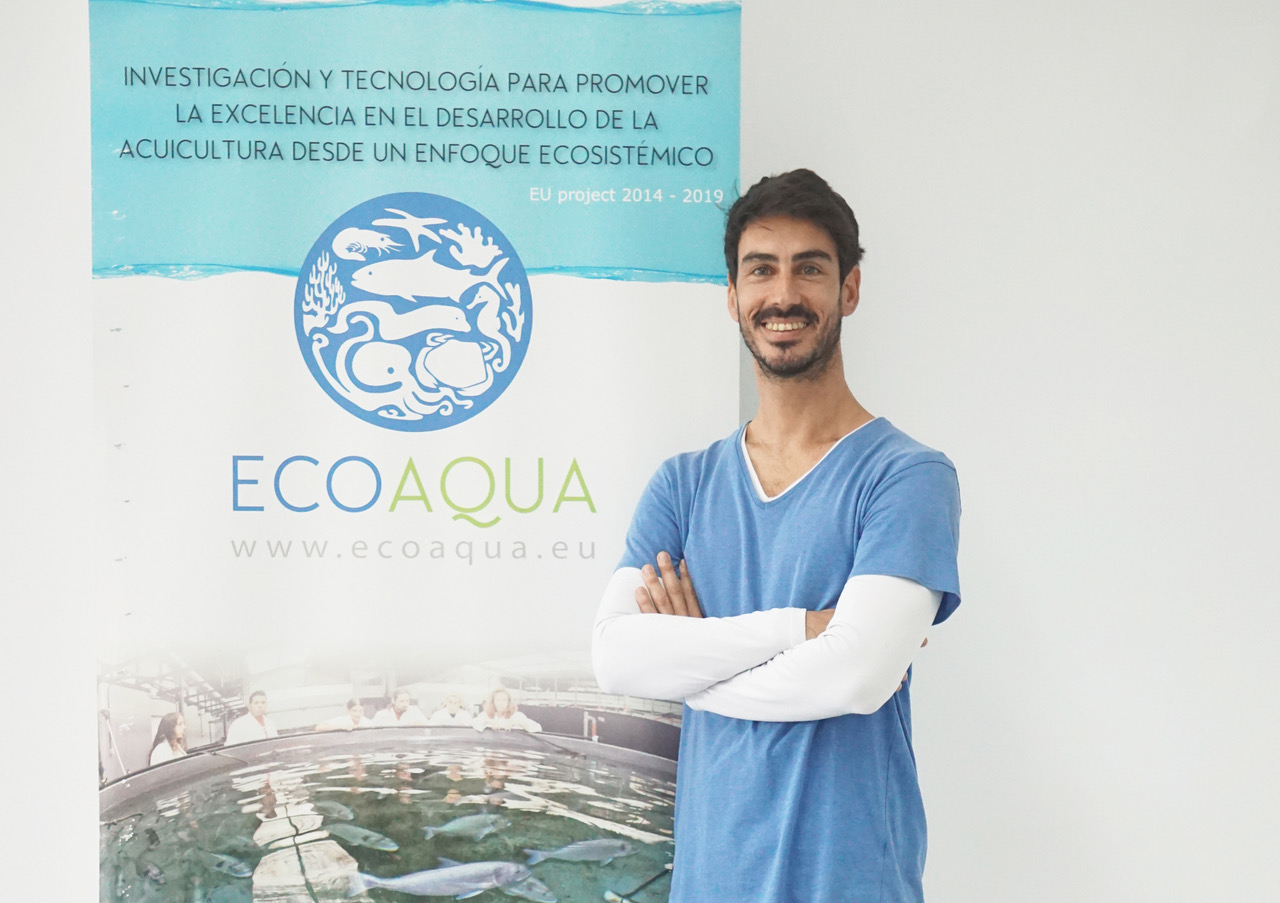The research points out that the marine ecosystems of the archipelago play an essential role in the quality of life of the Canary Islanders by providing the services necessary to sustain their economy, making their protection absolutely vital
Shallow ecosystems or habitats support on average 12% more goods and services than deep ecosystems. This highlights the great potential still to be discovered in the deep waters of the Canary Islands
A new study, led by the Biodiversity and Conservation research group (BIOCON) of the University Institute for Research in Sustainable Aquaculture and Marine Ecosystems (ECOAQUA) attached to the University of Las Palmas de Gran Canaria (ULPGC), highlights how the social and economic well-being of the islands depends directly on the health of their marine environments.
The study, signed by ULPGC PhD student Víctor Cordero-Penín, as lead author, points out that the marine ecosystems surrounding the Canary Islands, often invisible in everyday life, play an essential role in the quality of life of its inhabitants, being the vital support on which the daily activities of Canarian society are carried out and maintaining the stability of local economies throughout the autonomous community.

The research, which has recently been published in Ecosystem Services, associated with the Ecosystem Services Partnership (Spain) and which also includes the participation of the director of ECOAQUA, Ricardo Haroun, and researchers from the academic institution, Andrej Abramic, Alejandro García-Mendoza and Francisco Otero-Ferrer, focuses on the concept of ecosystem services which, according to Cordero-Penín, ‘are a metaphor’.
It is, says the researcher, ‘a narrative tool that helps us understand how the natural functioning of ecosystems underpins our socio-economic activities that provide us with goods and services for our quality of life. Thus, ecosystem services can promote decision-making in terms of ecological sustainability.
According to this study, marine habitats closer to the coast (shallow habitats), more accessible and visible, such as seagrass meadows, kelp forests or rhodolith beds, offer a greater variety of ecosystem services (ES) - on average a total of 25, i.e. an abundance of 35% of ES, an abundance of ES of 35%, providing both tangible natural resources such as food and raw materials, as well as performing vital functions for the environmental stability of society by regulating climate, purifying water and protecting the Canarian coasts from erosion.
Furthermore, for Cordero-Penín, ‘these environments are a source of recreation, inspiration and cultural connection, especially important in a place like the Canaries, where tourism and enjoyment of the natural environment are fundamental pillars of the economy’.
Importance per island
This study analyses the relative area per island of the marine ecosystems that support the provision of most of these ecosystem services.
In this sense, 72% of the shallow marine ecosystems or habitats on El Hierro have the potential to support at least 26 different ecosystem systems. This is followed by Lanzarote (45%), La Palma (31%), Gran Canaria (24%), Tenerife (19%) and Fuerteventura (16%). These figures depend fundamentally on the information used, ecological cartographies that are more than 20 years old in some cases.
In this time, as other studies carried out by the BIOCON group of the ULPGC have pointed out, 50% of the sebadales of the archipelago have been lost, and up to 99% of the underwater kelp forests in some islands, such as Gran Canaria. This new study highlights that these habitats have great potential to sustain the provision of goods and services, being ‘a vital support that, if properly cared for, can maintain our quality of life and economies for generations’.
According to Cordero-Penín's, this research also highlights an ‘uncomfortable truth’: ‘deeper ecosystems - which have significantly lower provisioning than shallower habitats providing on average 17 ecosystem services - despite being less valued in cultural and economic terms, play a crucial role’. These ecosystems harbour high biodiversity and provide critical services such as nutrient recycling and climate regulation on a large scale. ‘While their socio-economic value may not be as evident in everyday life, they have essential ecological value for the global balance of the oceans and their degradation could have catastrophic long-term consequences for our society,’ says the researcher.
To this end, in the words of researcher Víctor Cordero-Penín, ‘it is necessary to conserve marine ecosystems in the face of increasing pressures from tourism, urban and brine spills, and climate change. If we continue to ignore the connection between the health of the sea and our wellbeing, sooner or later we will face an unprecedented environmental and economic crisis.
Ultimately, says Victor Cordero-Penin, this study marks ‘an important milestone’ in understanding the crucial link between marine nature and our lives. ‘As islanders, our survival is linked to the sea. Taking care of the ocean is taking care of ourselves,’ he concludes.


